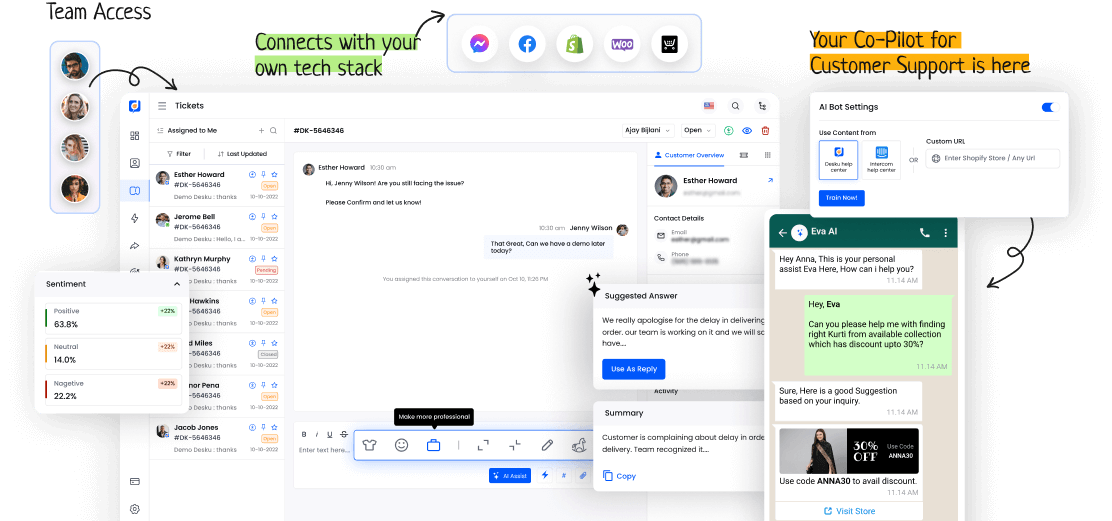Canned messages are common in today's customer service. They offer a systematic way to handle inquiries. But, there's more to them. Their impact on customer relationships and business-customer interactions requires discussion.
As we explore canned messages, we see their convenience may have a price. We will delve into the complex nature of canned messages and their role in customer service.
I. Understanding Canned Messages
Often used in customer service, canned messages are ready-made answers for frequent questions or problems. They are efficient but many misunderstand them.
A good tactic is to make these messages personal. Add some empathy or thankfulness. This makes customer interactions feel real, not robotic or fake.
II. Importance and Usage of Canned Messages
Canned messages hold a key role in bettering customer service efficiency. They help in giving constant answers to common questions or problems. These ready-made responses allow changes and boost response speed a lot. Using canned messages, firms can make their talking processes easy. They can give quick and right information to customers. The table below shows why canned messages matter in customer service plans and their perks.
| Why Canned Messages Matter | Perks |
|---|---|
| Makes work easy | Saves time |
| Keeps answers the same | Makes answers correct |
| Allows changes | Makes it look professional |
| Makes answers quick | Makes customers happy |
| Helps handle lots of questions | Cuts down mistakes |
III. Pros and Cons of Canned Messages
Weigh the good and bad of using canned messages in customer service.
Pros:
- They can boost efficiency and save time by giving the same responses.
- They offer consistency in customer service interactions.
Cons:
- They might not offer customization or personal touch, which can harm customer interactions.
Balance the good of efficiency and consistency with the bad of limited customization.
This balance is key to using canned messages well.





